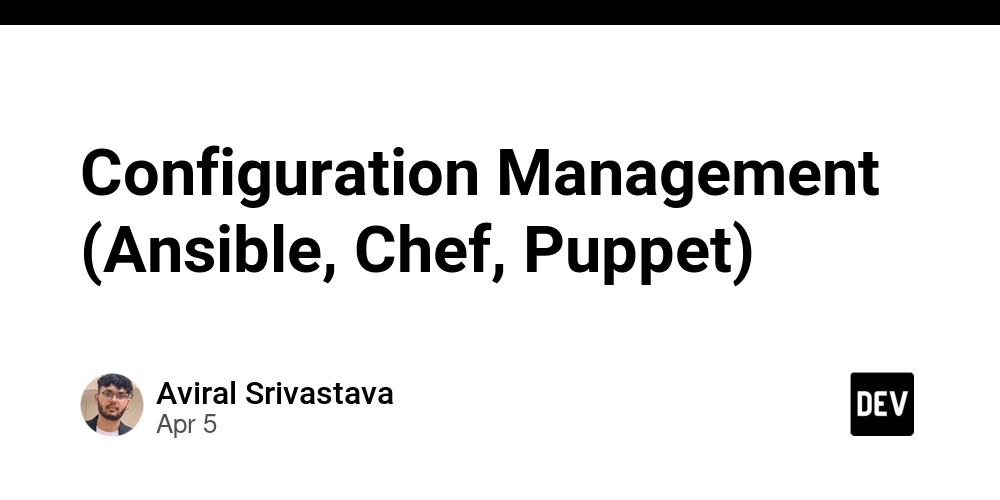Why Your “Move Fast and Break Things” Ingestion Pipeline Is Funding AWS, Not Your Business
Oh, so your ingestion system is running slow and burning money like it’s trying to win a startup lottery? Shocking. I’m sure it has nothing to do with the fact that it’s built in Python, stitched together with Bash scripts, and deployed by copying files over SSH—but hey, it worked in staging, right? Here’s the reality: when you rely on untyped, interpreted languages for high-throughput data systems, you’re essentially duct-taping your way through production. Every “agile” sprint turns into a rewrite, and every performance bottleneck spawns a Slack thread of regrets. People love to say, “We’ll optimize later,” as if performance magically materializes when your startup hits Series B. The hard truth? Every poorly optimized line of Python and every schema-free JSON blob you ingest is a ticking time bomb. The latency you ignore today becomes the outage you panic over tomorrow. And don’t even get me started on memory use—interpreted languages treat RAM like an all-you-can-eat buffet. It’s garbage collection until your container OOMs and dies quietly in the night. Meanwhile, the grown-ups in the room—those using Rust, Go, or modern C#—are sleeping soundly. They paid the upfront cost: writing real types, managing ownership, and compiling their code before running it in production. But now? They’re running circles around everyone else: fewer servers, fewer bugs, and far better observability. Sure, they shed a tear writing their first async function, but today their pipeline processes data at 10× the speed, on a quarter of the hardware, and hasn’t crashed in weeks. Imagine that. What no one tells you is that “move fast and break things” really means “move fast, then spend six months patching your ingestion pipeline while branding it as technical debt.” There’s a reason compiled, strictly typed languages are taking over backends—because they don’t lie to you. The compiler flags errors before your customer does. But hey, keep trusting your runtime to surface bugs at 3 a.m. If you’re serious about building a system that scales, survives, and doesn’t empty your cloud budget, start by auditing your ingestion stack. Identify what’s running, what it’s written in, and how often it fails. Then rewrite the critical parts in a real language—not all at once, but start today. And this time, compile before you deploy.

Oh, so your ingestion system is running slow and burning money like it’s trying to win a startup lottery? Shocking. I’m sure it has nothing to do with the fact that it’s built in Python, stitched together with Bash scripts, and deployed by copying files over SSH—but hey, it worked in staging, right? Here’s the reality: when you rely on untyped, interpreted languages for high-throughput data systems, you’re essentially duct-taping your way through production. Every “agile” sprint turns into a rewrite, and every performance bottleneck spawns a Slack thread of regrets.
People love to say, “We’ll optimize later,” as if performance magically materializes when your startup hits Series B. The hard truth? Every poorly optimized line of Python and every schema-free JSON blob you ingest is a ticking time bomb. The latency you ignore today becomes the outage you panic over tomorrow. And don’t even get me started on memory use—interpreted languages treat RAM like an all-you-can-eat buffet. It’s garbage collection until your container OOMs and dies quietly in the night.
Meanwhile, the grown-ups in the room—those using Rust, Go, or modern C#—are sleeping soundly. They paid the upfront cost: writing real types, managing ownership, and compiling their code before running it in production. But now? They’re running circles around everyone else: fewer servers, fewer bugs, and far better observability. Sure, they shed a tear writing their first async function, but today their pipeline processes data at 10× the speed, on a quarter of the hardware, and hasn’t crashed in weeks. Imagine that.
What no one tells you is that “move fast and break things” really means “move fast, then spend six months patching your ingestion pipeline while branding it as technical debt.” There’s a reason compiled, strictly typed languages are taking over backends—because they don’t lie to you. The compiler flags errors before your customer does. But hey, keep trusting your runtime to surface bugs at 3 a.m.
If you’re serious about building a system that scales, survives, and doesn’t empty your cloud budget, start by auditing your ingestion stack. Identify what’s running, what it’s written in, and how often it fails. Then rewrite the critical parts in a real language—not all at once, but start today. And this time, compile before you deploy.
















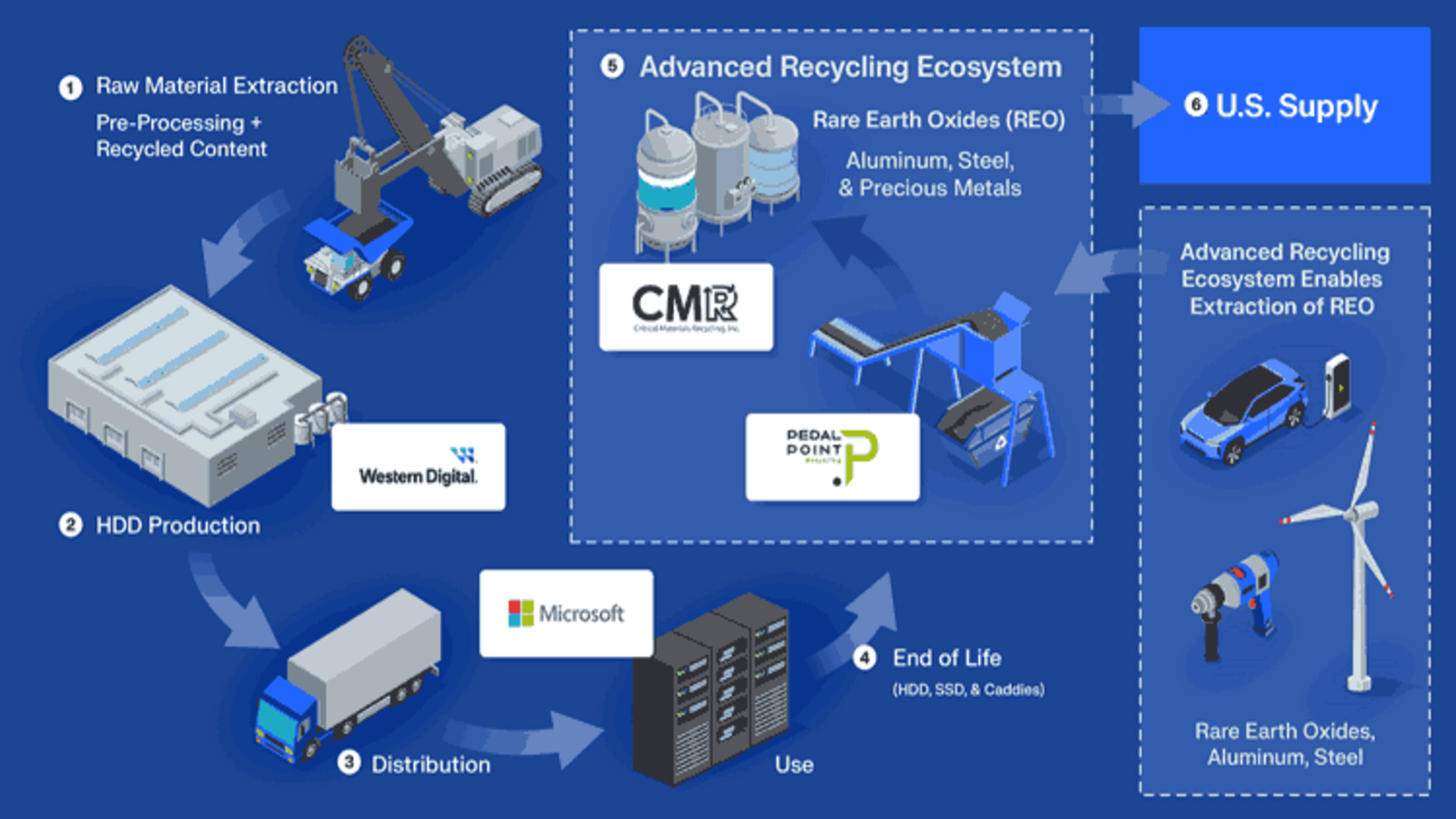
























































































































































![[The AI Show Episode 144]: ChatGPT’s New Memory, Shopify CEO’s Leaked “AI First” Memo, Google Cloud Next Releases, o3 and o4-mini Coming Soon & Llama 4’s Rocky Launch](https://www.marketingaiinstitute.com/hubfs/ep%20144%20cover.png)



















































































































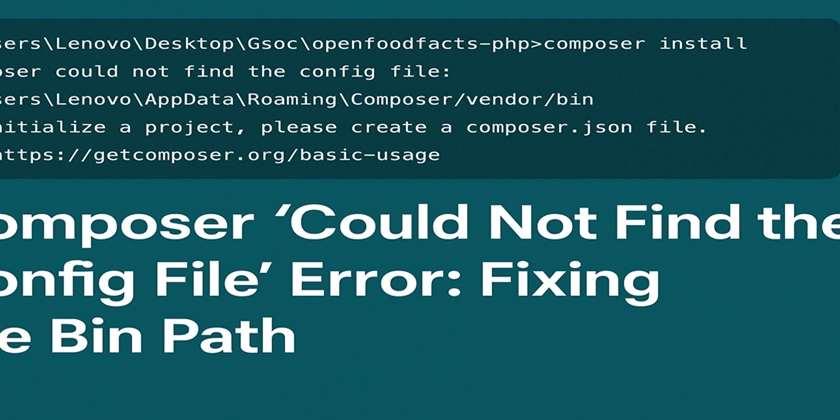





































![Is This Programming Paradigm New? [closed]](https://miro.medium.com/v2/resize:fit:1200/format:webp/1*nKR2930riHA4VC7dLwIuxA.gif)


















































































(1).jpg?#)
.jpg?#)




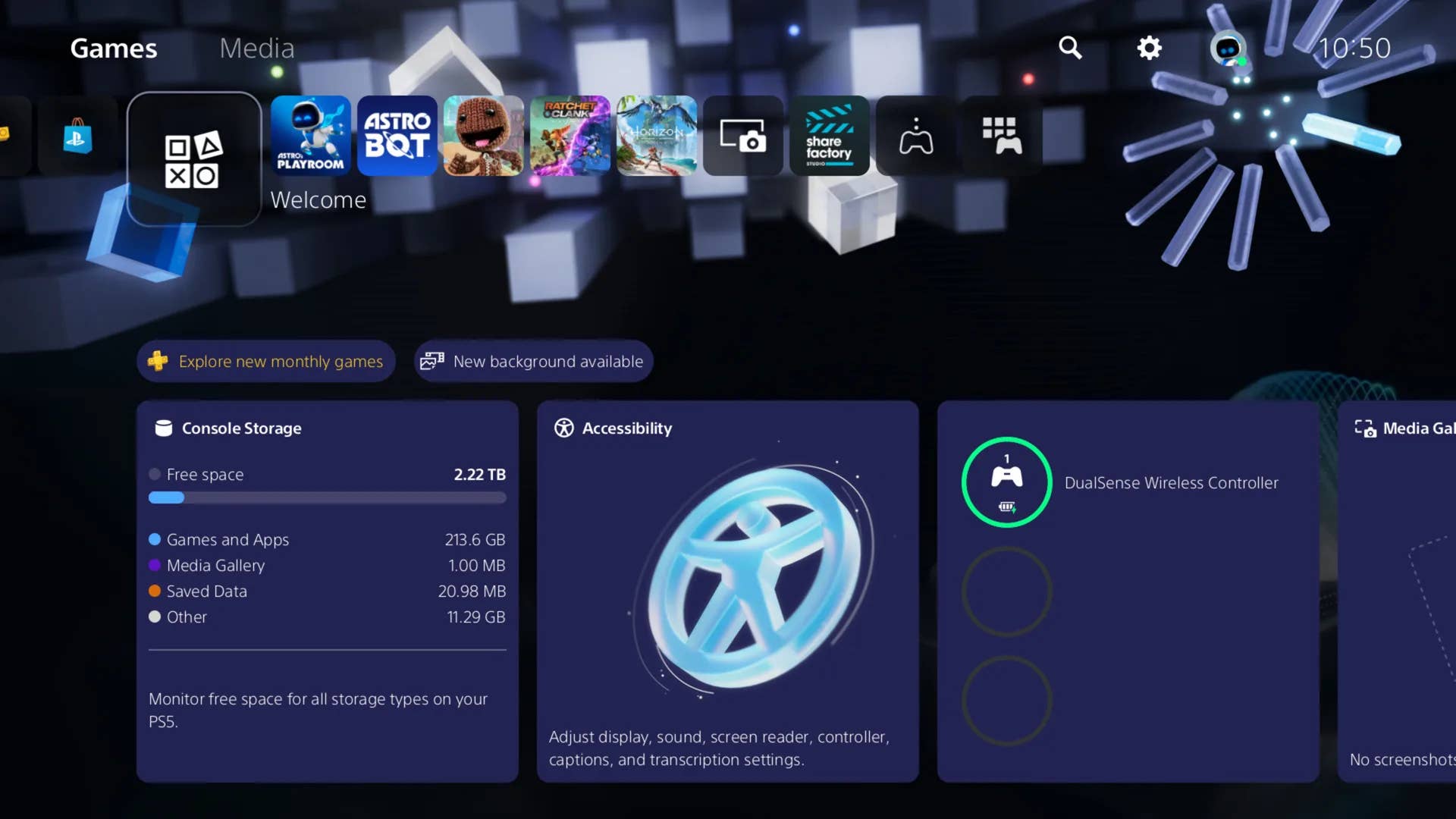
-Classic-Nintendo-GameCube-games-are-coming-to-Nintendo-Switch-2!-00-00-13.png?width=1920&height=1920&fit=bounds&quality=70&format=jpg&auto=webp#)

























_Olekcii_Mach_Alamy.jpg?width=1280&auto=webp&quality=80&disable=upscale#)
























































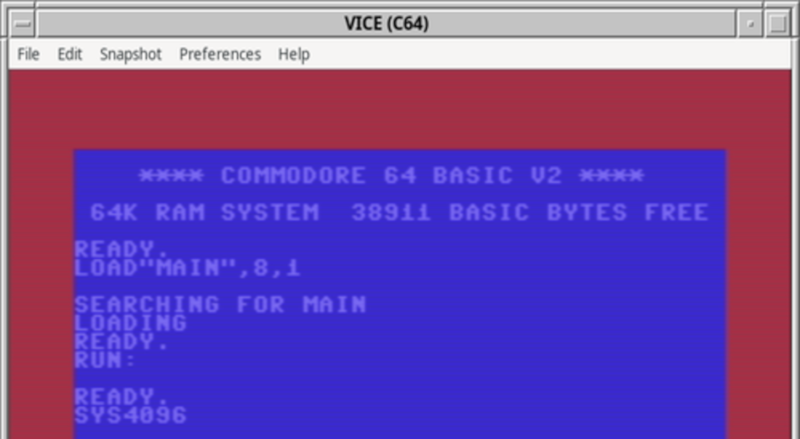
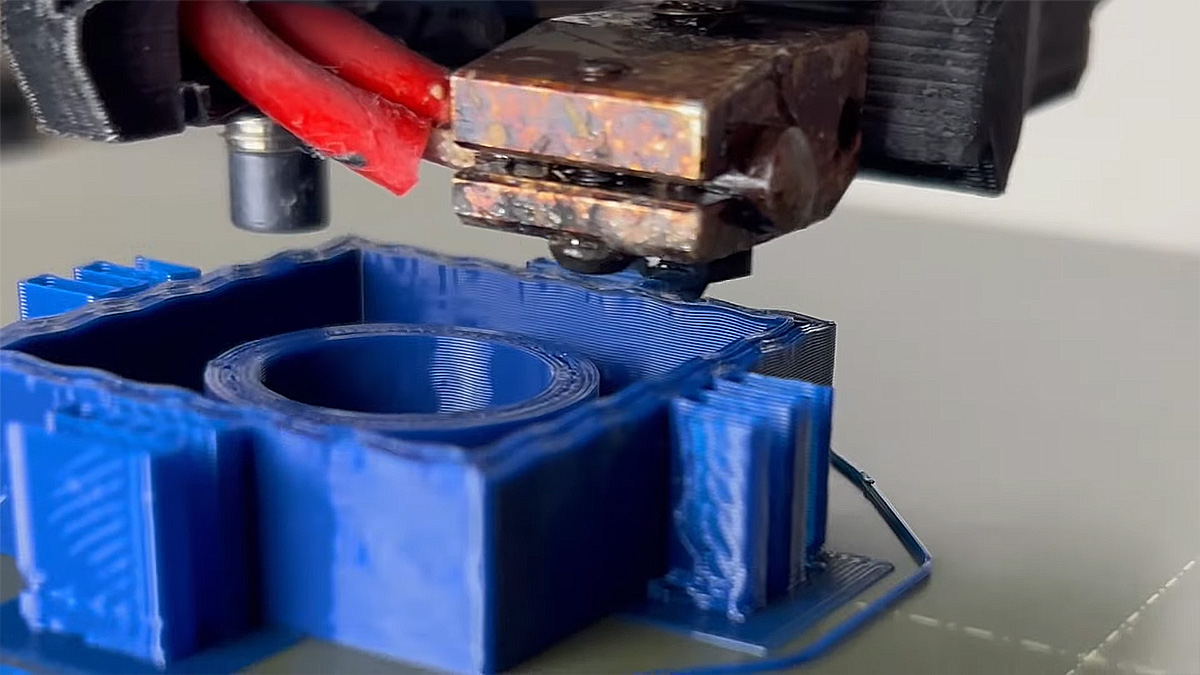

























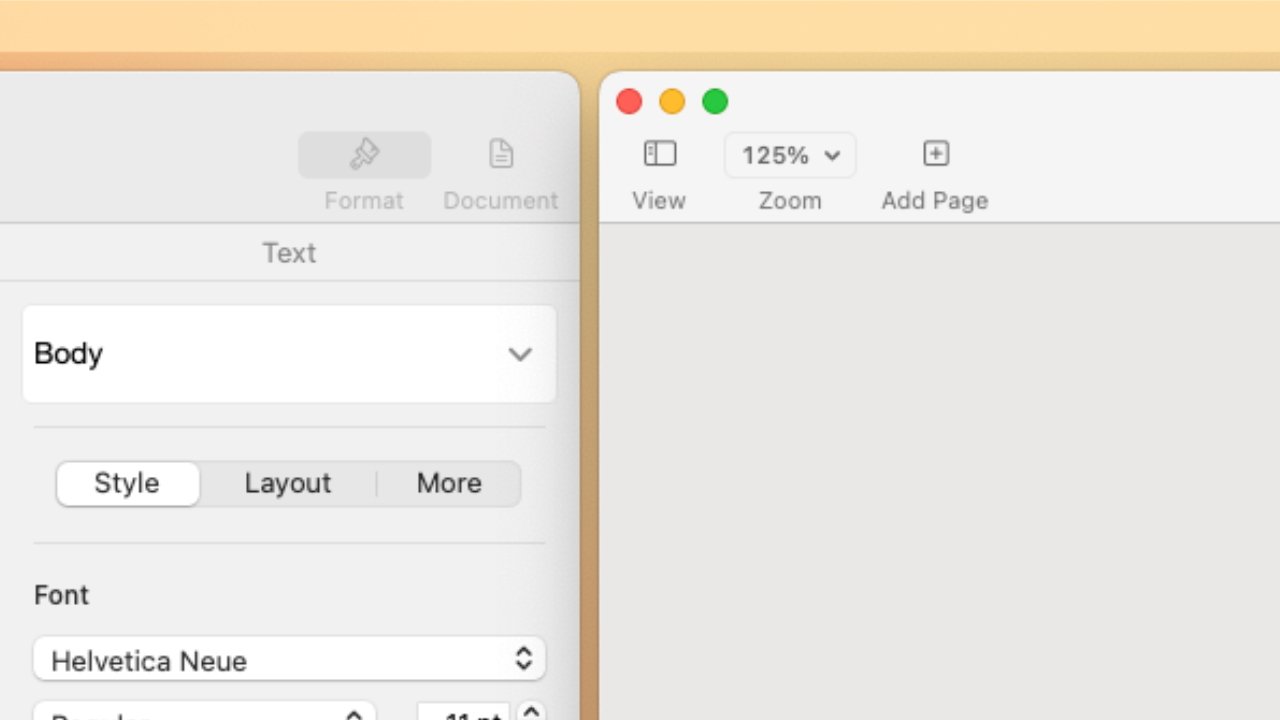

























![M4 MacBook Air Drops to New All-Time Low of $912 [Deal]](https://www.iclarified.com/images/news/97108/97108/97108-640.jpg)
![New iPhone 17 Dummy Models Surface in Black and White [Images]](https://www.iclarified.com/images/news/97106/97106/97106-640.jpg)




































































































































